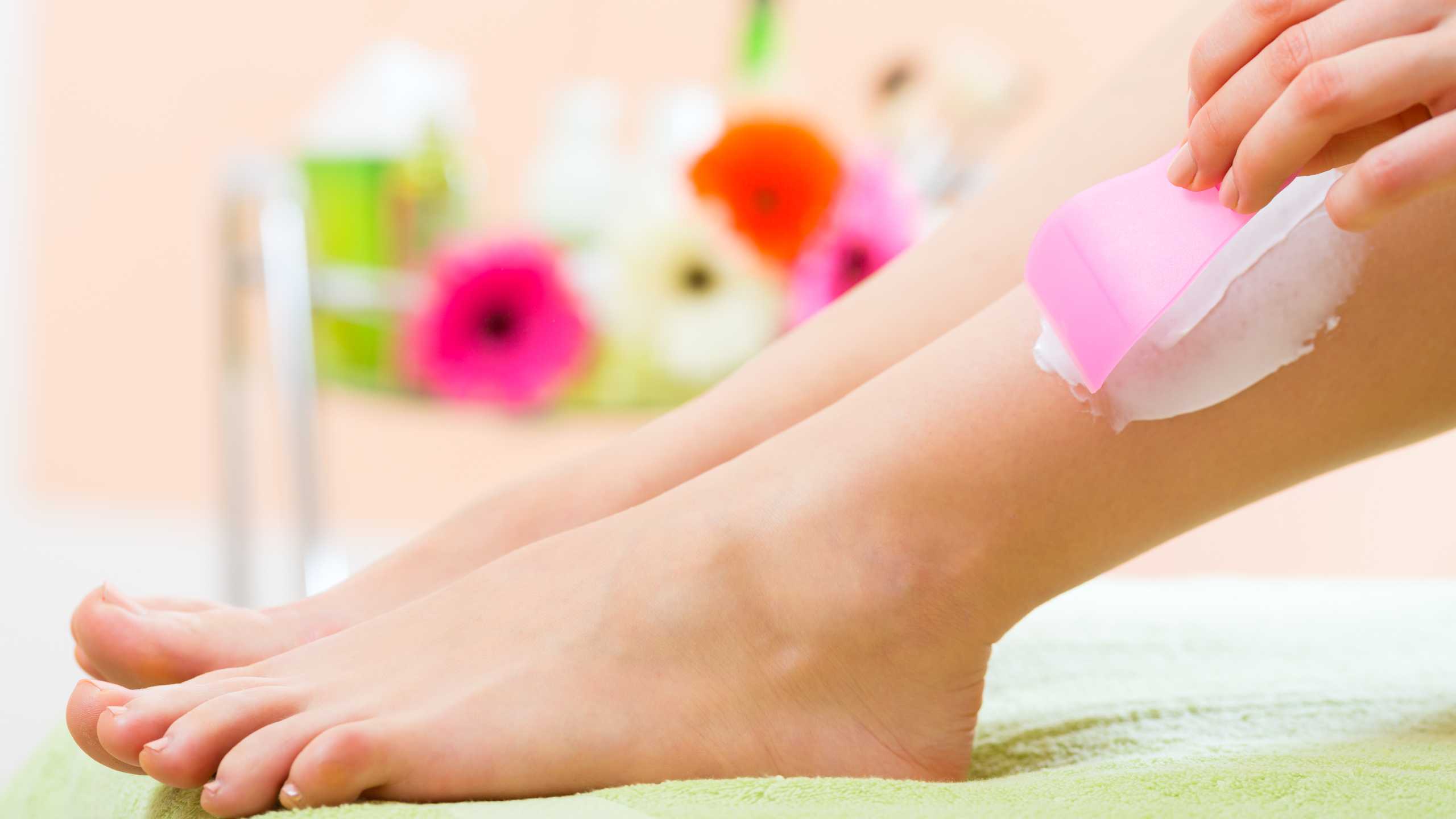Chat with ![]()

Chat with ![]()


Hair removal creams are often pitched as the safest, quickest way to get rid of body hair, but does that hold true for pubic hair too? Well, while hair removal creams may sound comforting and save you from the discomfort associated with waxing, they may not be suitable for down there!
Health Shots reached out to Dr Nagaveni. R, Consultant – Obstetrician and Gynaecologist, Motherhood Hospital, HRBR Layout, Bengaluru, to find out if hair removal creams are safe for pubic hair removal or not.
Using hair removal cream in your pubic area sounds like an easy way to deal with a bush. In addition to getting rid of your hair, it also keeps you from having to endure the discomfort (read pain) of threading or waxing. Not to mention, these creams save you time and expensive salon visits. But we often wonder if it’s the safest way to go?

Dr Nagaveni says, “You need to give careful thought before you decide to use hair removal creams for your pubic hair. Using them may be easy but not always safe as they can cause irritation, pigmentation, and skin allergies around your pubic area. However, people prefer them as they are less painful and easy to apply.” Let’s take a look at the ways to make pubic hair removal easier and safer.
1. Use safe depilatories: Choose your depilatory (hair removal) cream very carefully, ensure you do a patch test to guarantee there is no irritation.
2. Waxing by a professional: Using waxing strips on your own can be much more risky and painful. Take help from someone who is good at it. Waxing is a better option as it can also be used on short hair and lasts longer.
Also read: 7 reasons to ditch wax strips and use a razor for hair removal
3. Shaving: Shaving is the safest option with so many new razor products out there. Just make sure to use a good razor and gel.


4. Waxing strips: Waxing strips are the next best thing if you don’t like the creams. Although waxing is a very effective technique, it can occasionally be uncomfortable. Waxing strips can be used on even short hair, and their results endure longer than those of creams.
5. Tweezing: The most precise way to remove hair is tweezing this technique. This technique is frequently used by women to get rid of excessive eyebrow hair development, but it can also be used to get rid of pubic hair. For a small amount of hair, you can just tweeze it out.